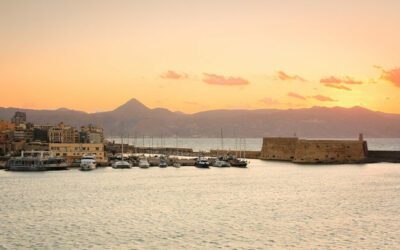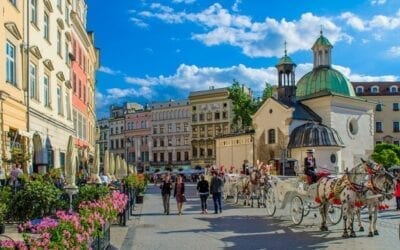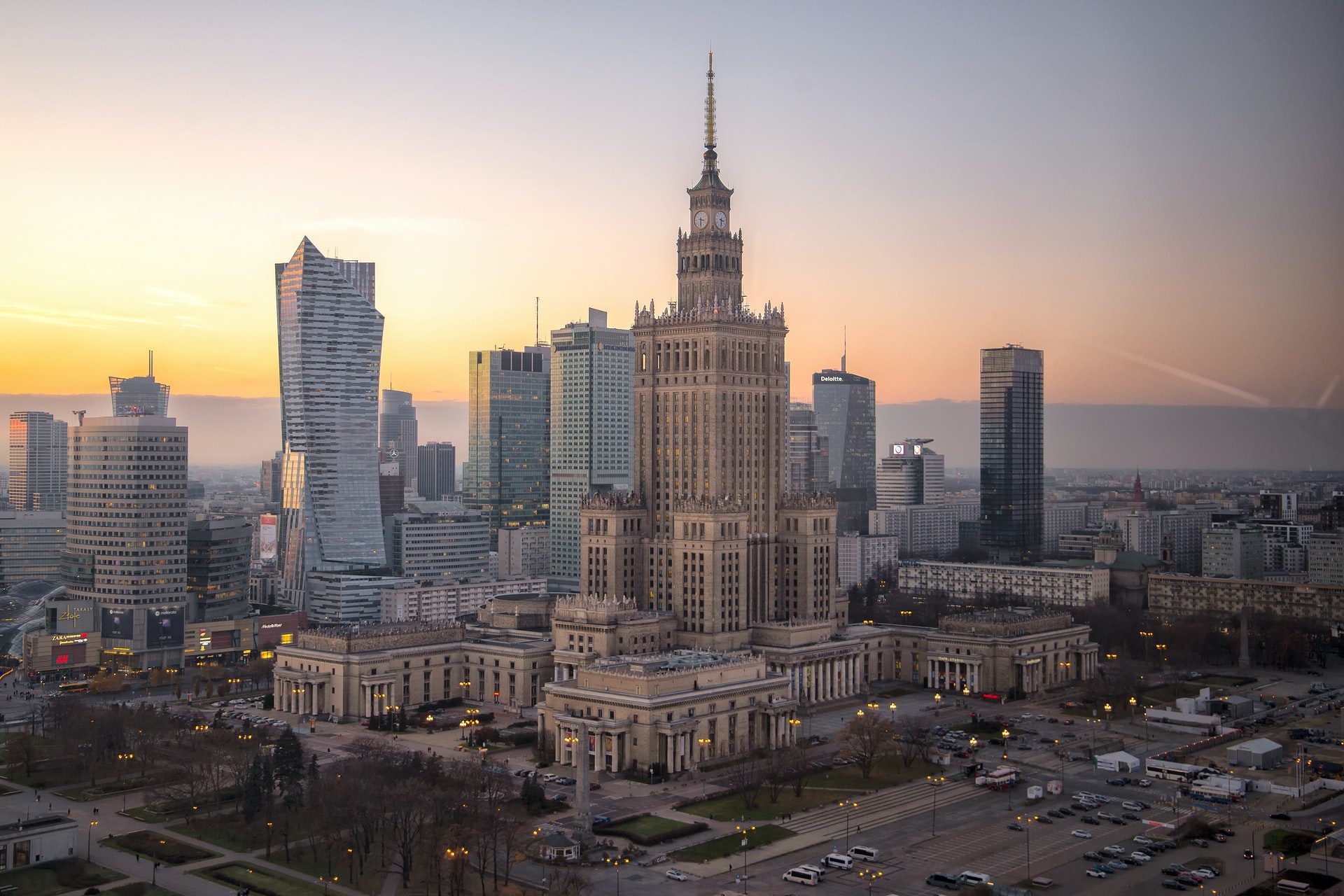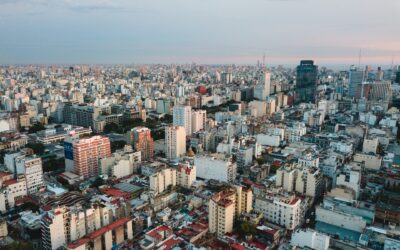|
|
When we say Greece what image comes to your mind?
Blue domes and white walls? beautiful beaches against a background of green mountains? the image of Plato and Socrates and the golden age of philosophy? The mighty Acropolis? The delicious Mediterranean food? Greece is definitely all of that and much more.
The cradle of western civilization and the birthplace of democracy is a mosaic of different cultures and ideas, seeing that it lies at the crossroads of Europe, Asia and Africa. This interesting mix of people, scenery and experience made Greece one of the most attractive destinations.
Digital nomads are no exception to this fascination with the beautiful country. With an open and welcoming culture, breathtaking landscape, infinite places to discover and hundreds of islands where you can experience the true Greek relaxed life; why wait for retirement to move to Greece when you can work remotely from there?
Many digital nomads have chosen Greece to be their office where they work remotely. It also helped that Greece was one of the first countries to respond to COVID-19; and now many of the Greek islands are COVID-free.
Greece and Digital Nomads
Greece doesn’t have a digital nomad visa yet. However, the government is preparing a proposal for a special visa for the duration of 1 year for remote workers to be able to work from Greece.
Despite the delay in issuing a digital nomad visa, Greece took a step to attract digital nomads in the end of 2020 by introducing a special tax break for digital nomads.
The program titled “If you can work from anywhere, why not work from Greece?” was approved in January 2021. It allows digital nomads a 50% tax break for 7 years, as Greece aims to attract digital nomads for long periods of time.
The moves by the Greek government show that they understand the value of digital nomads to the economy and the local communities, especially that it spreads further than the mainstream touristic destinations.
The Greek Reporter stated that 100,000 digital nomads in Greece would generate annually the revenues generated by 2.5 million tourists.
Right now, to enter Greece you can acquire a Schengen tourist visa that is valid for 90-180 days.
Make sure when you apply to have travel and medical insurance for the whole duration of your trip. The nomad insurance packages from SafetyWing allow you to get covered even if you have already started your journey.

Where to go in Greece?
Greece has so many different places where you can work remotely; whether in continental Greece or in one of the hundreds of islands, most of which are not internationally famous.
In general terms, the living expenses don’t differ greatly from one place to another in Greece. Rent starts from 300 and can reach up to 1,000 euros, and spending on going out and entertainment can range between 30-50 euros per week.
So where do digital nomads go in Greece?
Here is a list of the top 10 most popular destinations for remote working in Greece.
Athens
The Greek capital attracts a lot of digital nomads with its art and underground scene, affordable housing, history, climate and life quality. It’s also has a plethora of co-working and co-living spaces where digital nomads meet.
There are many beaches in Athens as well as all the food choices you can imagine.
Athens has good quality internet (compared to the rest of Greece) at 18 mbps; and many areas have optical fiber and 5G networks. The only downside to Athens, is that it can be crowded with tourists.

Thessaloniki
The second largest city in Greece has a vibrant digital nomad community and unlike Athens, it’s not crowded with tourists. Thessaloniki made it on the list for the 20 best cities globally for digital nomads.
The coastal city has a rich history and culture. There are always festivals and events going on, as it is considered Greece’s cultural capital. Lying in the northern part of Greece however, Thessaloniki gets cold winters with occasional snow.
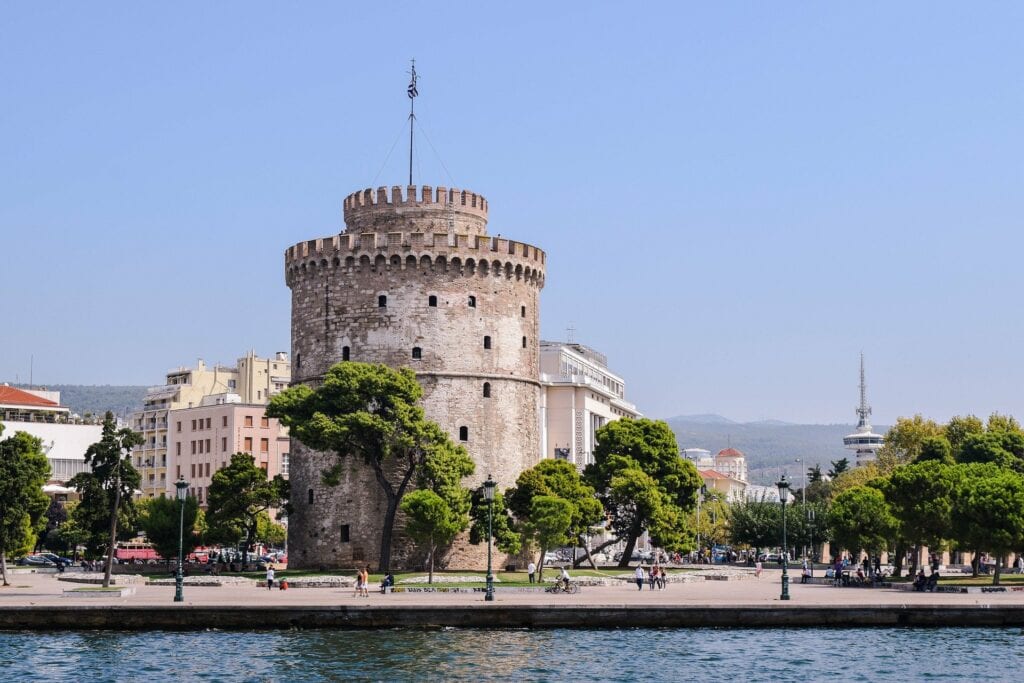
Crete
The largest Greek island is a major digital nomad hub. Whether in Heraklion or Chania, the island has everything to offer. Great internet, water sports, hiking, diving, amazing weather all year round and the best Greek food.
History is a big attraction in Crete which was home to the Minoan civilization, Europe’s 1st advanced civilization.
Crete has a program tailored for digital nomads called “Work from Paradise” which aims to extend 5G networks all over the island and connect digital nomads in Crete to exchange ideas and experience. It also has a ton of co-working spaces like Workhub Chania and GreekEscape.
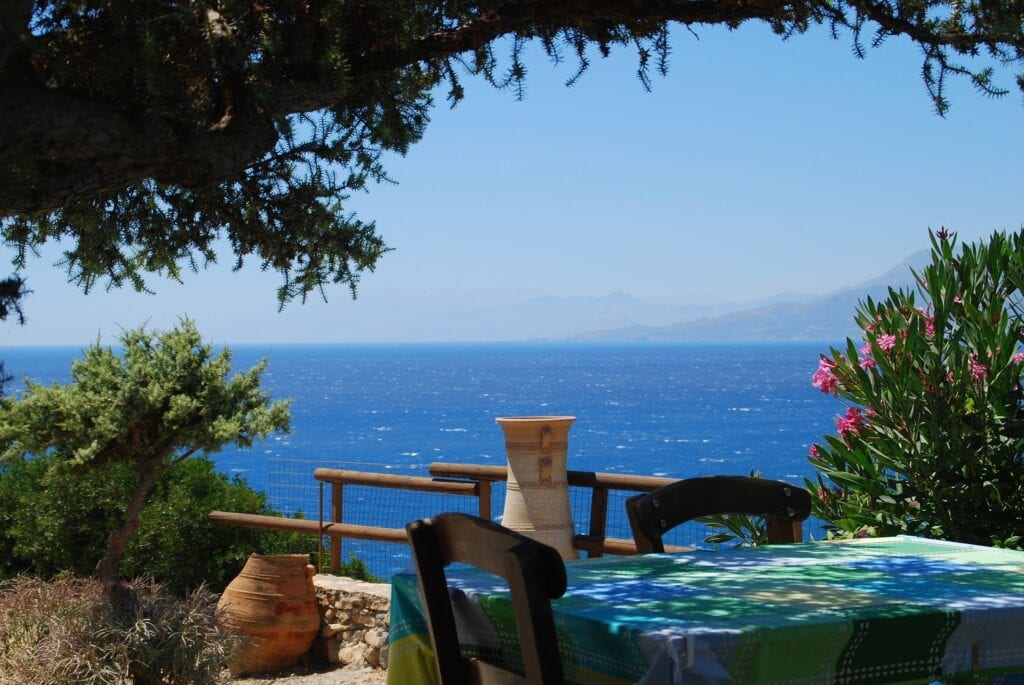
Rhodes
The island with the longest summer in Greece and home to many digital nomads. It lies in southeastern Greece and is rich with Greek, venetian and ottoman history. On the downside, the internet is slower than in many other islands (around 4 mbps).
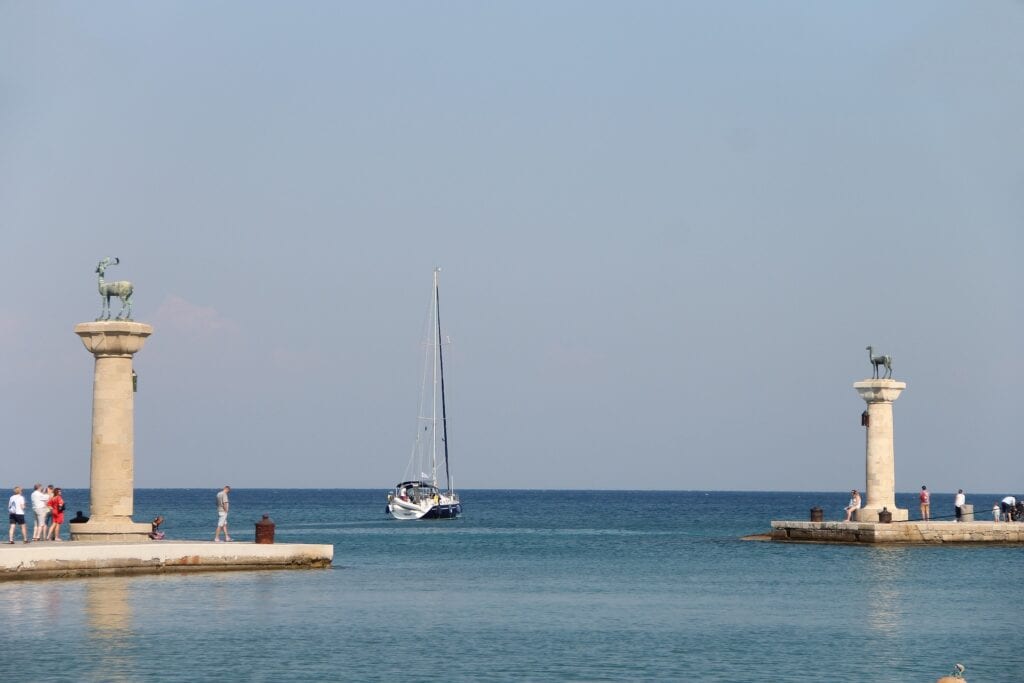
Pelion
Called Pilio in Greek, is a little-known mountainous region overseeing some of the most beautiful beaches. It is part of continental Greece, which means it is reachable by car from Athens.
Pelion has a few coworking spaces and an average internet speed of 15 mbps.
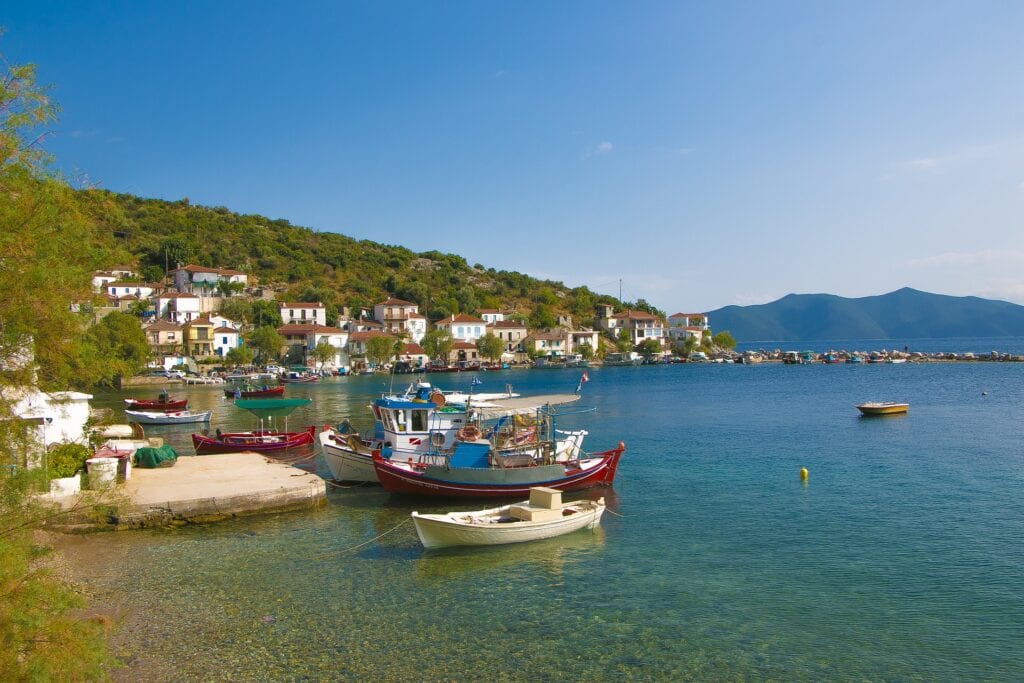
Nafplion
Greece’s old capital that is only a 2-hour drive from Athens. It has a venetian architecture and beautiful beaches and views from the top of medieval castle. It is inhabited all year round and has a strong internet connection.

Patras
Famous in Greece for an annual carnival, Patras is a port city in the west of Greece. It’s the third largest city, surrounded by several small towns with fascinating beaches, which allows for a different weekend getaway every time. It has a fast internet of 13.7 Mbps and many co-working spaces and coffeeshops.

Volos
Lying in the middle between Athens and Thessaloniki, Volos provides a great starting point to explore Greece. It has a vibrant digital nomad community and strong internet.
It is famous for the variety of activities and watersports it offers.

Syros
Dubbed the gem of the Cyclades, Syros island offers a lot of options when it comes to landscape. It has good internet and a good network of transportation. Its prices are quite affordable compared to its neighboring Cycladic islands.
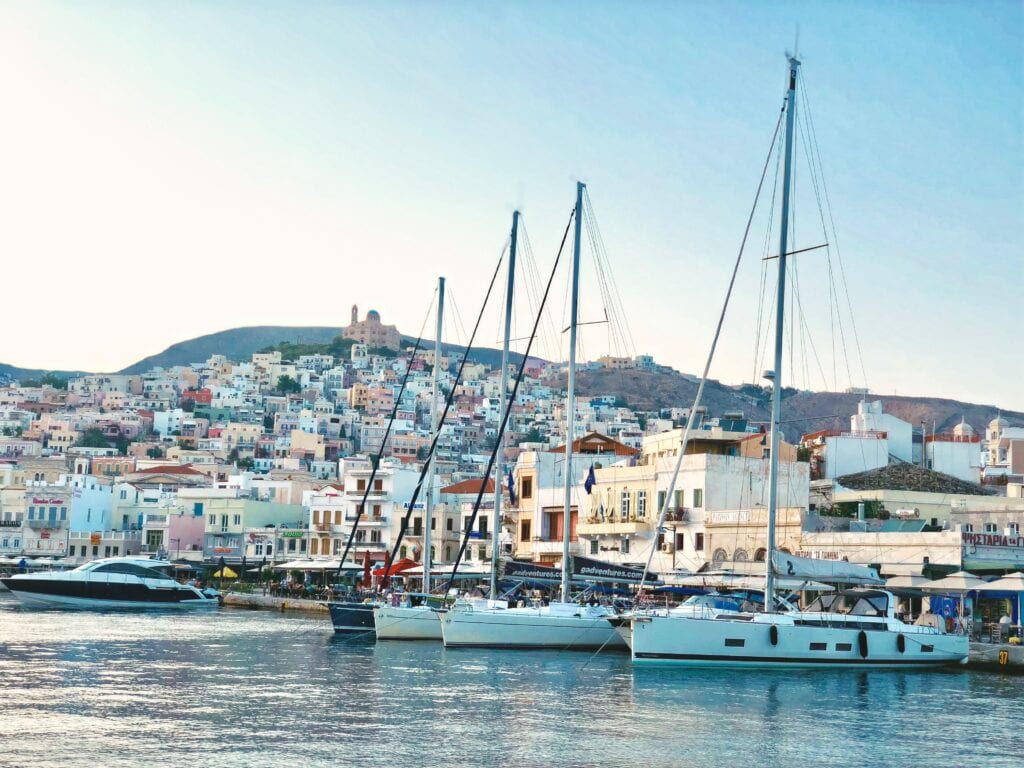
Santorini
The most famous island of Greece and one of the most wonderful. The volcanic island is on the expensive side due to being very popular with tourists, which means, in the summer months it can get crowded.
Santorini offers a lot of activities and boat trips to nearby islands. However, in winter it can get a bit lonely.

Which of the 10 places would you like to visit the most?




